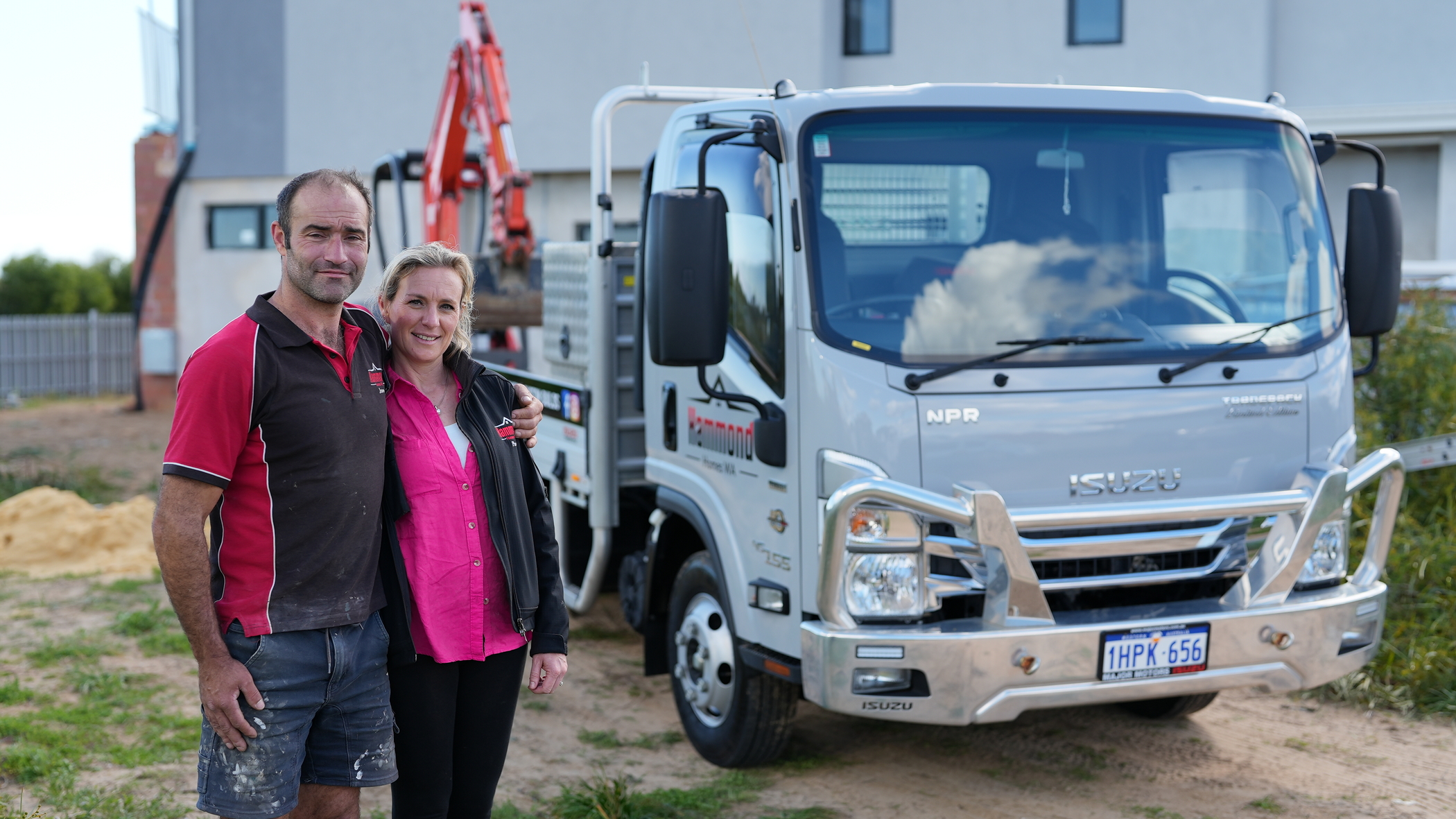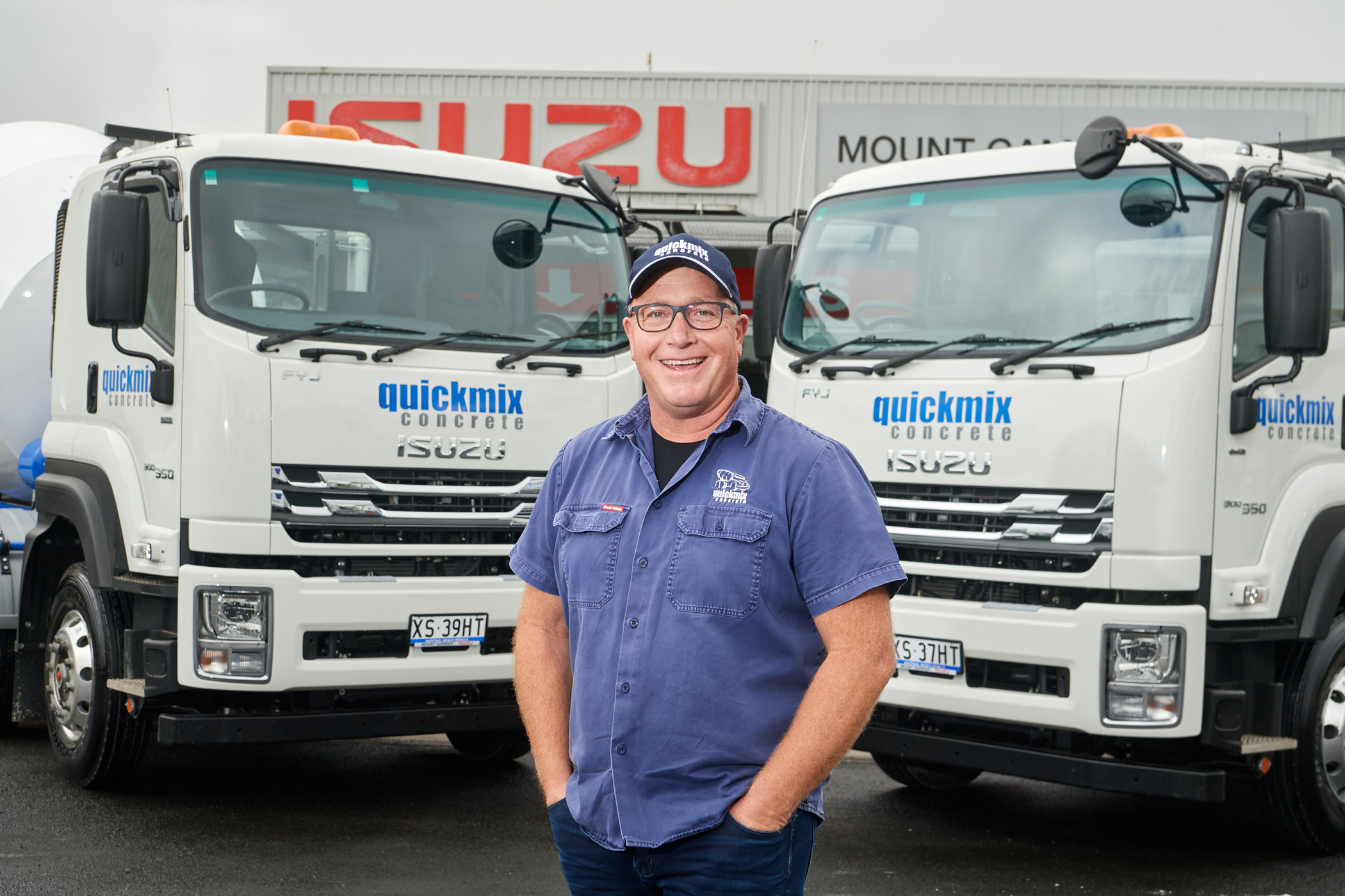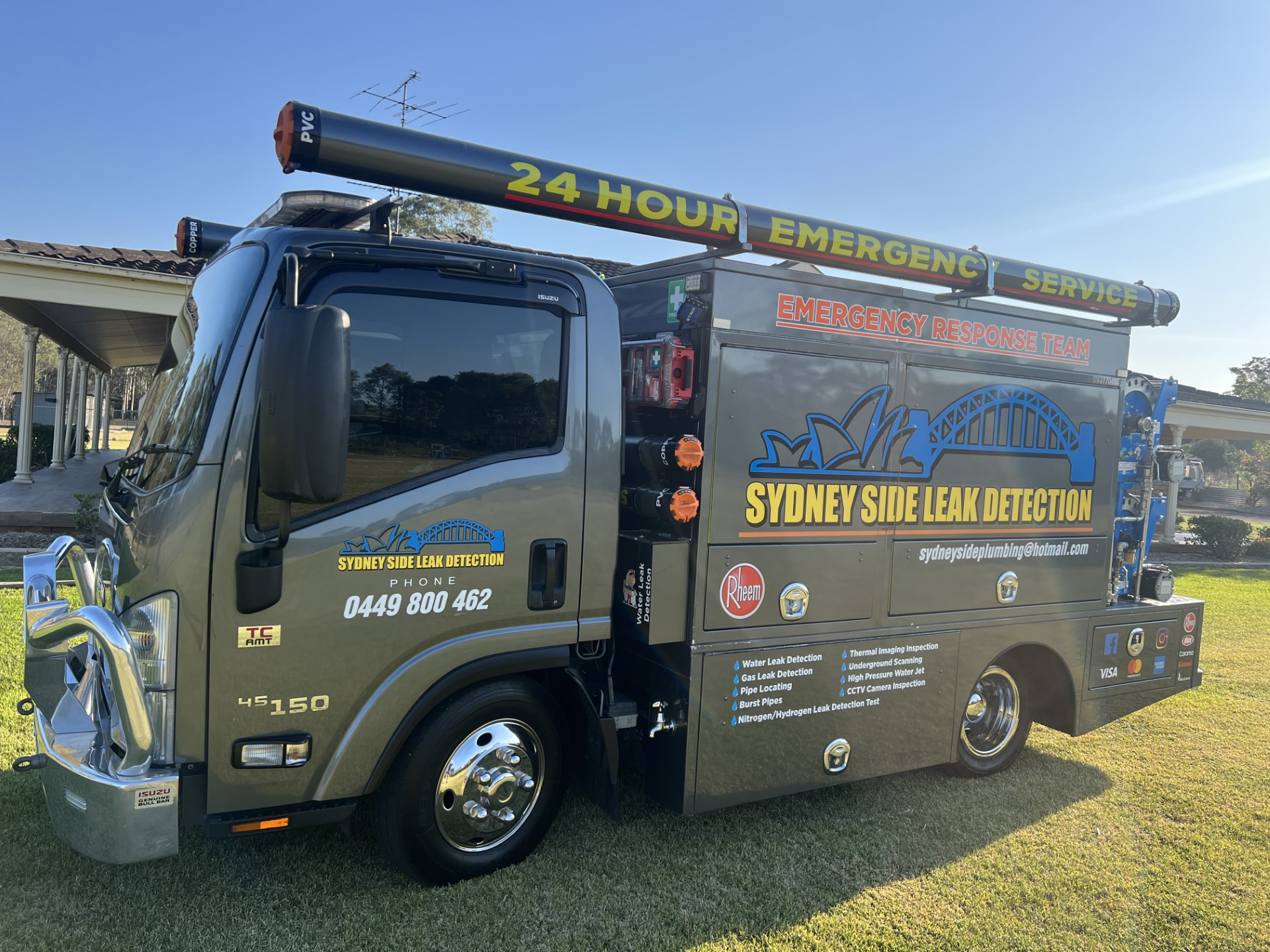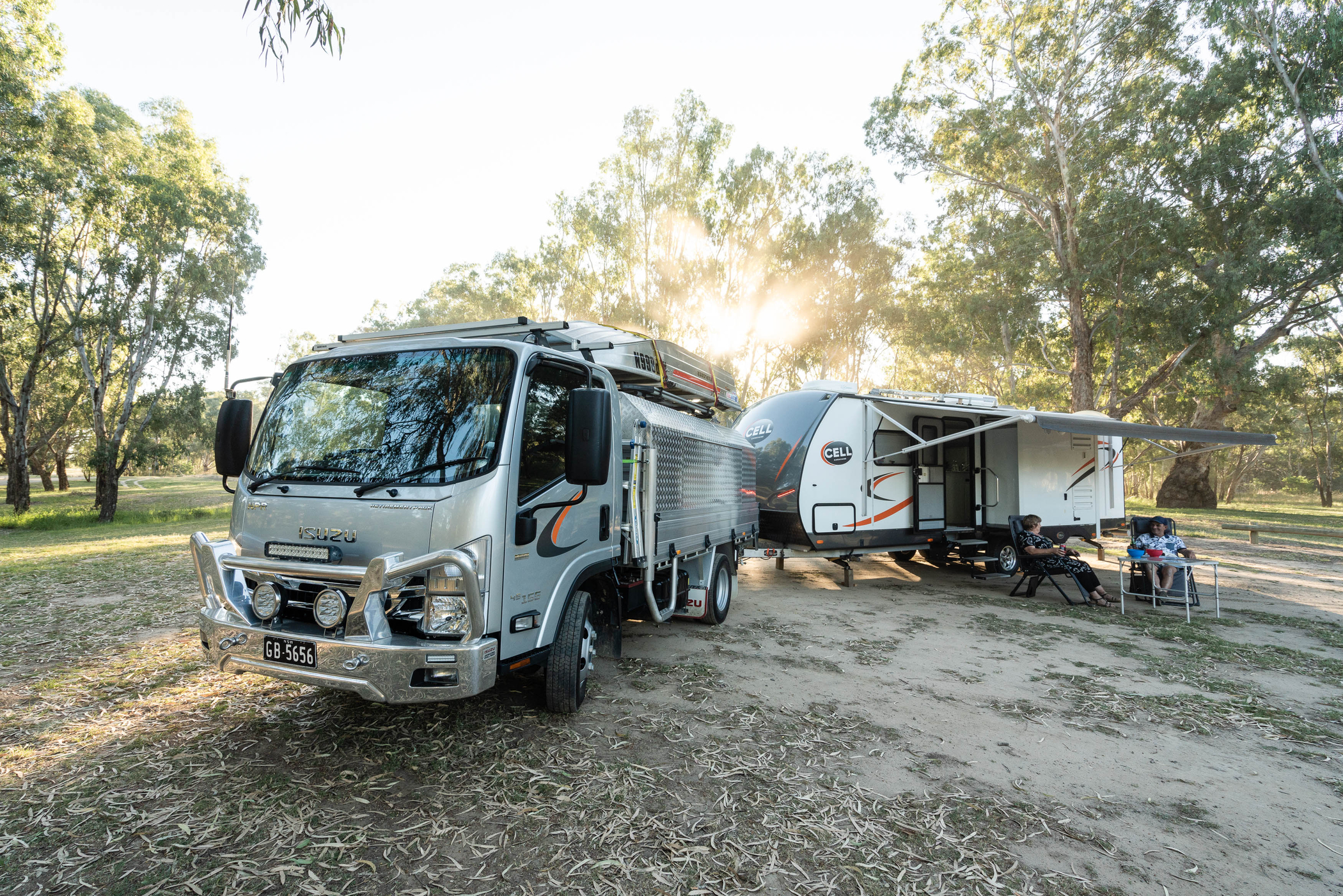TYRE TALK – AVOIDING FALSE ECONOMIES
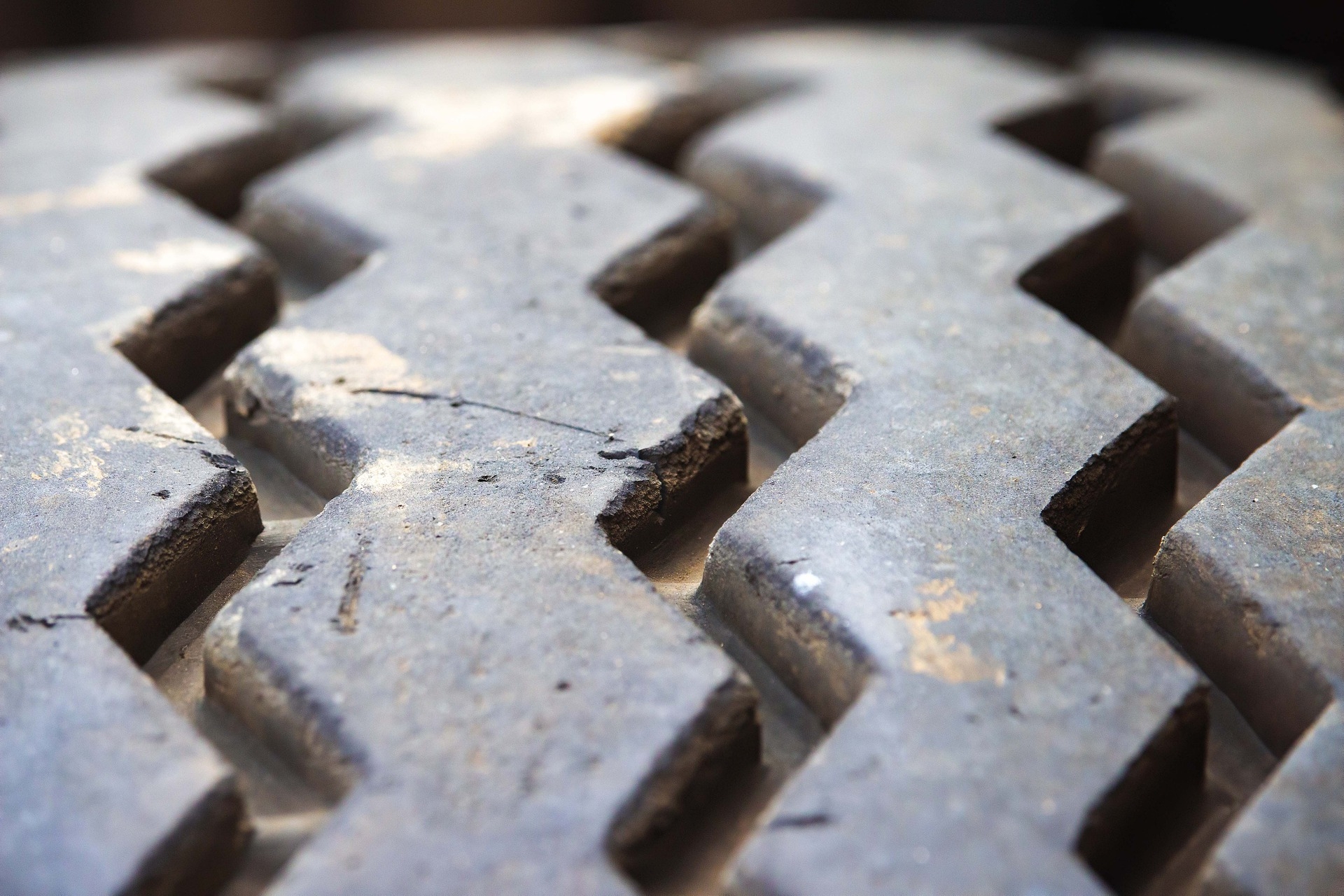
When it’s time for new tyres, many truck owners assume that they can save some money by switching to a different, lower budget tyre brand. However, this can turn out to be a false economy in the longer term with many new trucks are designed and engineered to suit a particular brand of premium tyre. As many would know, premium tyres last longer, have better traction and reduced braking distances and higher load capacity. When it comes to rubber, it’s a classic case of you get what you pay for, which is your vehicle performing according to its design, less maintenance and lower operating cost per kilometre.
LIKE A GLOVE
When trucks are fitted with the ideal tyres to suit their specific daily workload, fuel-efficiency and wear and tear on brakes and other mechanical components are optimised. Each wheel is carefully calibrated to work in harmony with the tyre. For a wheel calibrated to the performance of a specific tyre, changing tyre brands can have wide-reaching consequences.
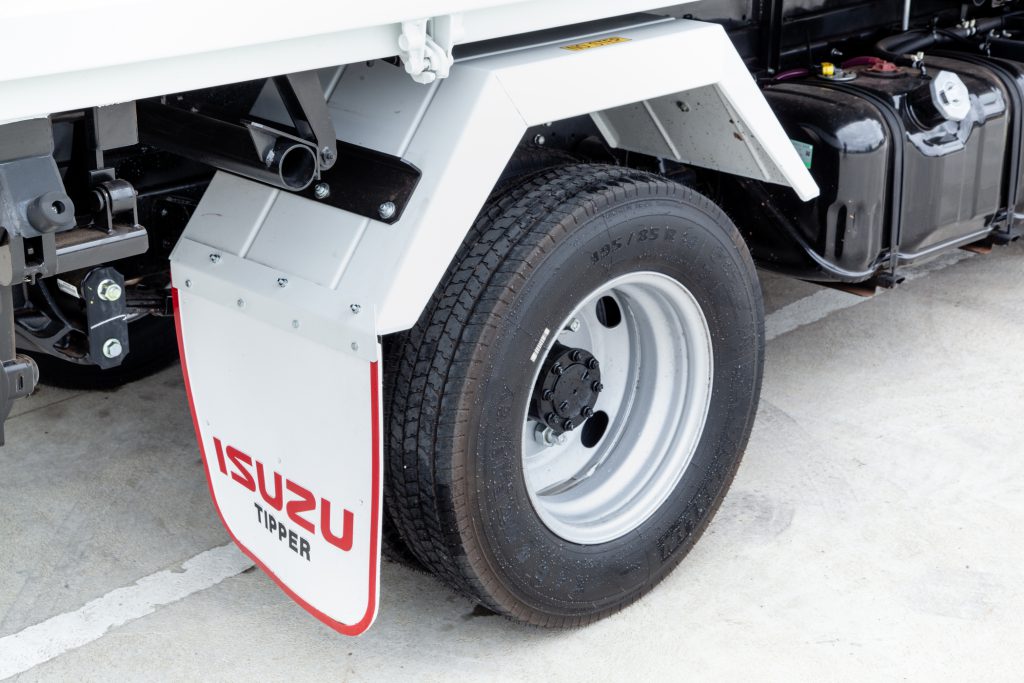
Steering is a case in point. Steering performs differently between tyre brands, often owing to grip. A truck adjusted to use Michelin tyres, for example, will perform differently when fitted with another brand.
The change in grip, pressure, or other factors can affect the yaw rate during turning. When towing long trailers, this can begin to be an issue. Modern trucks are fitted with sensors throughout the body and engine to assure performance is consistent. A change in the yaw rate can trigger the brake sensors and cause your truck to slow during turns or not respond ideally. Many brands will choose to work with established tyre makers for several reasons, including its history of innovation, reputation and of course product suitability. With nine research and development facilities around the world, Michelin for example, spends A$1 billion a year on innovation and has nearly 11,000 active patents, including for one of its more recent inventions, the puncture-proof tyre.
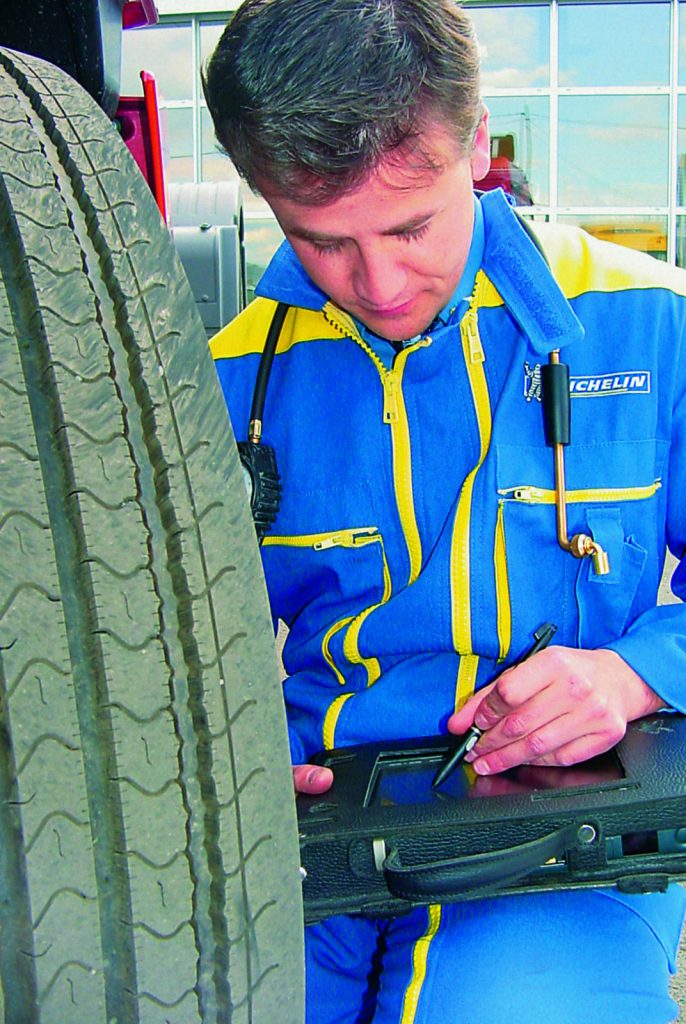
Michelin also pioneered self-regenerating tread blocks and directional tyre patterns.
When new, the self-regenerating tread is closed and rigid to reduce fuel consumption and boost longevity. As it is used, hidden grooves emerge to maintain the same grip performance throughout its lifetime. The technology won the industry category in the European Inventor Awards in 2018. Directional tyre patterns, meanwhile, are designed for high horsepower trucks with advanced braking technologies. These tyres are designed to be directional for 50 per cent of their life, then flipped in order to reduce irregular wear and increase milage.
MAINTANANCE IS KEY
The basic functions of a truck tyre are to support the load and assist with steering, braking and acceleration. However, these basic functions do not automatically translate into the longevity, safety and handling of a tyre. The key to these features is air pressure. The correct air pressure can maximise grip and stability, fuel consumption and tyre life. It can also guard against irregular wear of the tyres. Both overinflating and underinflating tyres can cause problems.
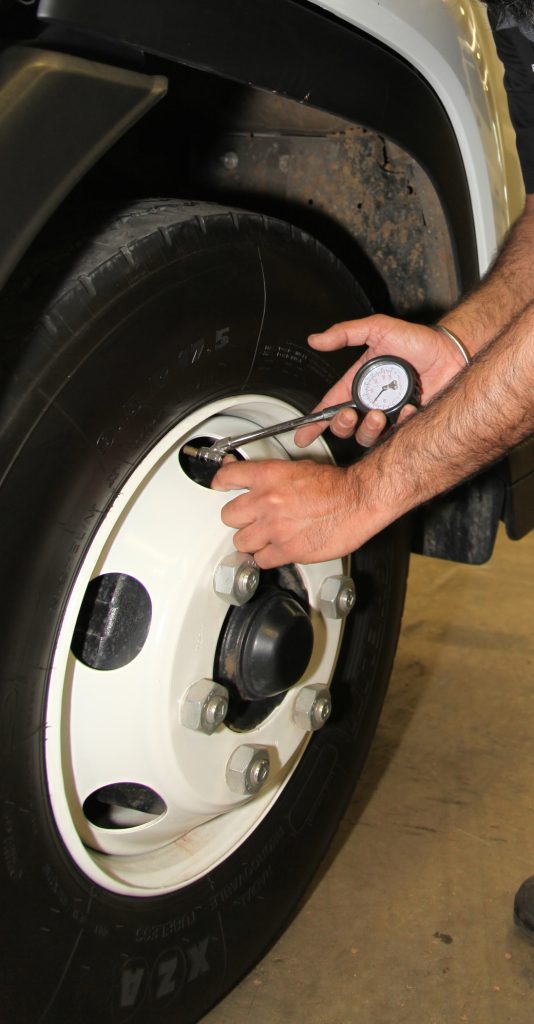
When it comes time to replacing your truck tyres, take a moment to tally up the savings - in terms of safety, maintenance and longevity – you will make by sticking with the premium tyre brand originally fitted to your truck. To learn about some amazing trucks working hard for their communities across Australia, check out trucks for the people, by the people.

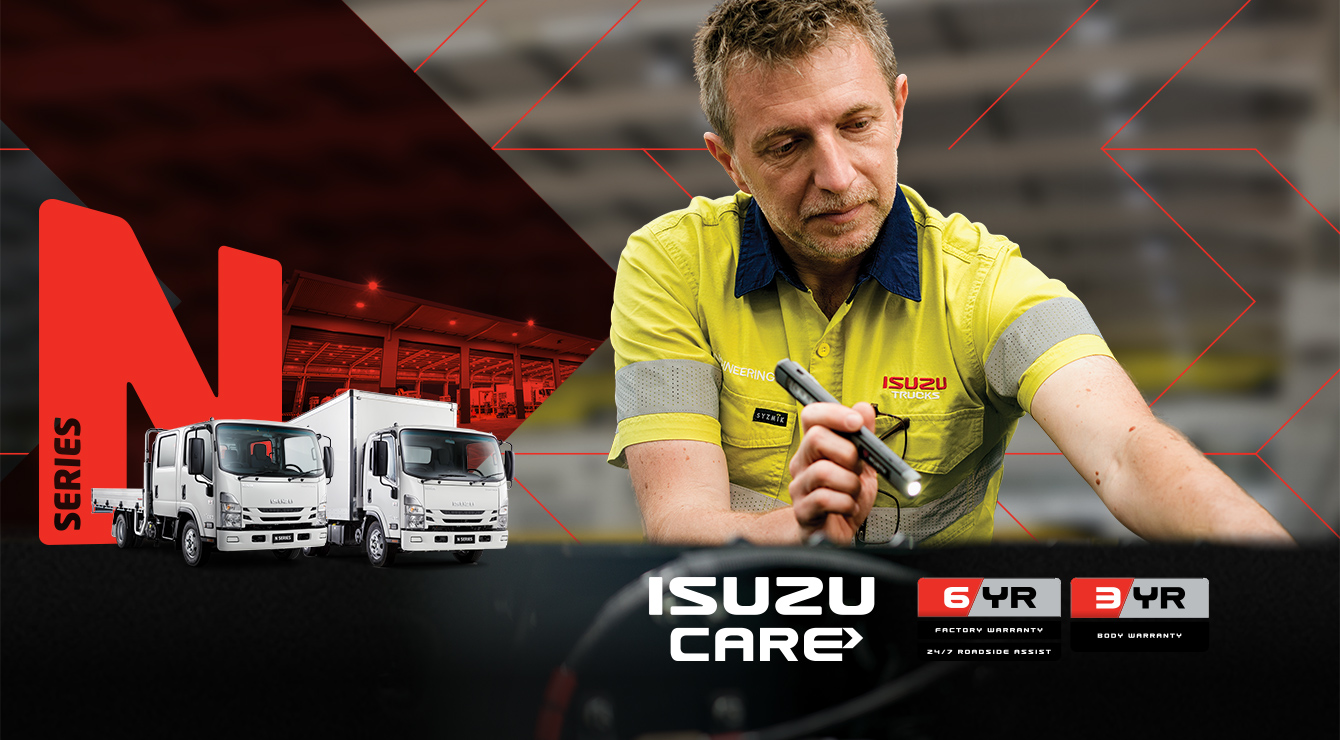
Take a load off with six years’ servicing for the price of three.*
For a short time, if you buy a selected N Series cab chassis or Ready-to-Work truck you can add a 6-Year Essentials Service Agreement Package for the price of three years, effectively halving your servicing costs. T&Cs apply.
Get a Quote
